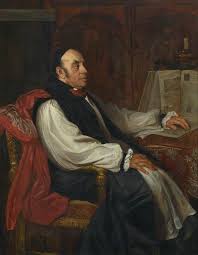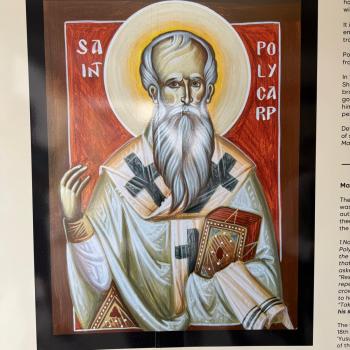In response to some of the outlandish and incorrect claims about the lack of historical substance in the speeches on Acts in recent publications on Acts, it is worth quoting someone who clearly knows the ancient Greek literature, (both ancient historical monographs and ancient biographies not to mention other classical, Hellenistic, and early Christian literature), far better than these contemporary scholars, namely J.B. Lightfoot—-
“Thus it is asserted that the diction is the same throughout, and therefore the speeches ascribed to the principle characters are unhistorical. It is not Stephen or Peter or Paul who speaks, but Luke or pseudo-Luke himself. Long lists of words and modes of expression have been drawn up, which regarded as characteristic of the writer’s style. These extend over the whole of the Gospel as well as Acts. There is frequently very great exaggeration in these lists (e.g. Supernatural Religion, iii. pp. 72 sq.; 146 sq. &c.). Irrelevant expressions are included; Septuagint quotations are treated as if they were the narrator’s own language; words used in wholly different senses (e.g. βῆμα, ‘footstep’ and βῆμα ‘tribunal’) are treated as parallels; terms which are necessitated by the subject-matter are regarded as characteristic of the author; the commonest words in the language are invested with a special value. Thus an entirely false impression is conveyed. But after all these spurious examples are set aside, there is a certain residuum of resemblance in the diction (see e.g. Lekebusch, p. 35 sq.). Characteristic words and phrases of the author appear in the speeches, as well as in the narrative portion. But this was inevitable. It was impossible that the speeches could be reported word for word. Sometimes they must have been spoken in Aramaic; in other cases only shorthand and fragmentary reports were in the author’s hands; in other again he may have heard them by word of mouth; in all probably they were much abridged. A certain infusion of his own phraseology was a natural consequence, and it does not affect their substantial accuracy. It appears even in the example which I have already given of an evidently Pauline utterance— the speech to the Ephesian elders at Miletus. The measure of the extent to which to would affect the language is seen by the example of the Third Gospel. Here we are able to compare St. Luke’s account with the parallel narratives of the two other Synoptists; and the historical character remains, notwithstanding the literary editing of the third Evangelist. There is no reason to suppose that he dealt more freely with his materials in the Acts, where we have no such means of testing them. Indeed, as he was nearer to the events and more familiar with the persons, we should expect, if anything, a closer adherence to the form in which he received the reports.”
(This comes from a lengthy article, maybe the last he wrote on the NT in the 1880s, which appeared only in the 2nd British edition of Smith’s Dictionary of the Bible ).














